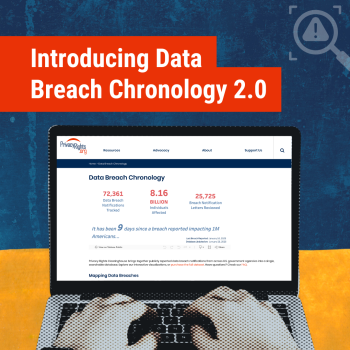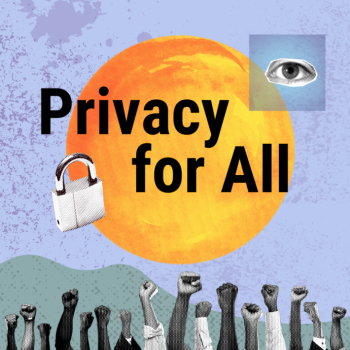About
Founded in 1992 to help people understand their rights and choices, we are one of the first and only organizations to focus exclusively on data privacy rights and issues.
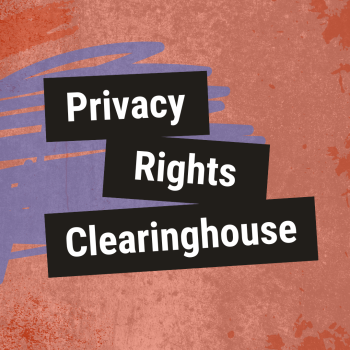
Our Mission
Privacy Rights Clearinghouse is a 501(c)(3) non-profit organization committed to advancing data privacy for all by expanding access to information, increasing participation in policy discussions, and advocating for stronger rights.
Our Beliefs
Privacy is a fundamental right.
Everyone should have the opportunity to access information and have a voice in discussions that impact them.
All people deserve to be treated with fairness, dignity, and respect—regardless of social, cultural, or economic factors.
It is essential to actively cultivate an environment where diverse ideas, backgrounds and perspectives are shared, respected, and valued.
Why Privacy Matters
About Us
Our Work
Comprehensive data privacy protections don’t exist in the United States, and existing rights and choices are often inaccessible—leaving people feeling powerless. We work to change this.
We translate complex laws and issues into clear, actionable resources focused on rights.

We track critical issues and build tools to support the people who are working to address them.
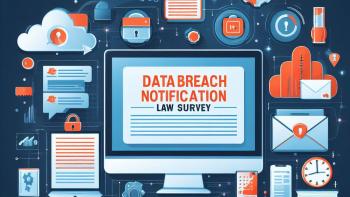
We convene advocates to strengthen their capacity to engage on privacy issues and add important perspectives to the discussion.
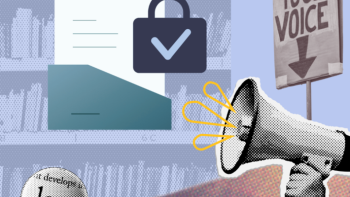
We advocate for real change by sponsoring landmark legislation and providing expert policy analysis centered on people rather than corporate interests.
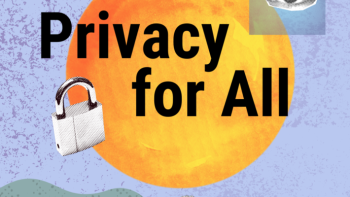

Check Out Our Latest Report
"Paying Twice to Learn? How Higher Education Students May Be Forced to Sacrifice Privacy for Digital Learning Tools” a report revealing that weak privacy protections and vague policies often force students to unknowingly trade personal data for required courseware.
